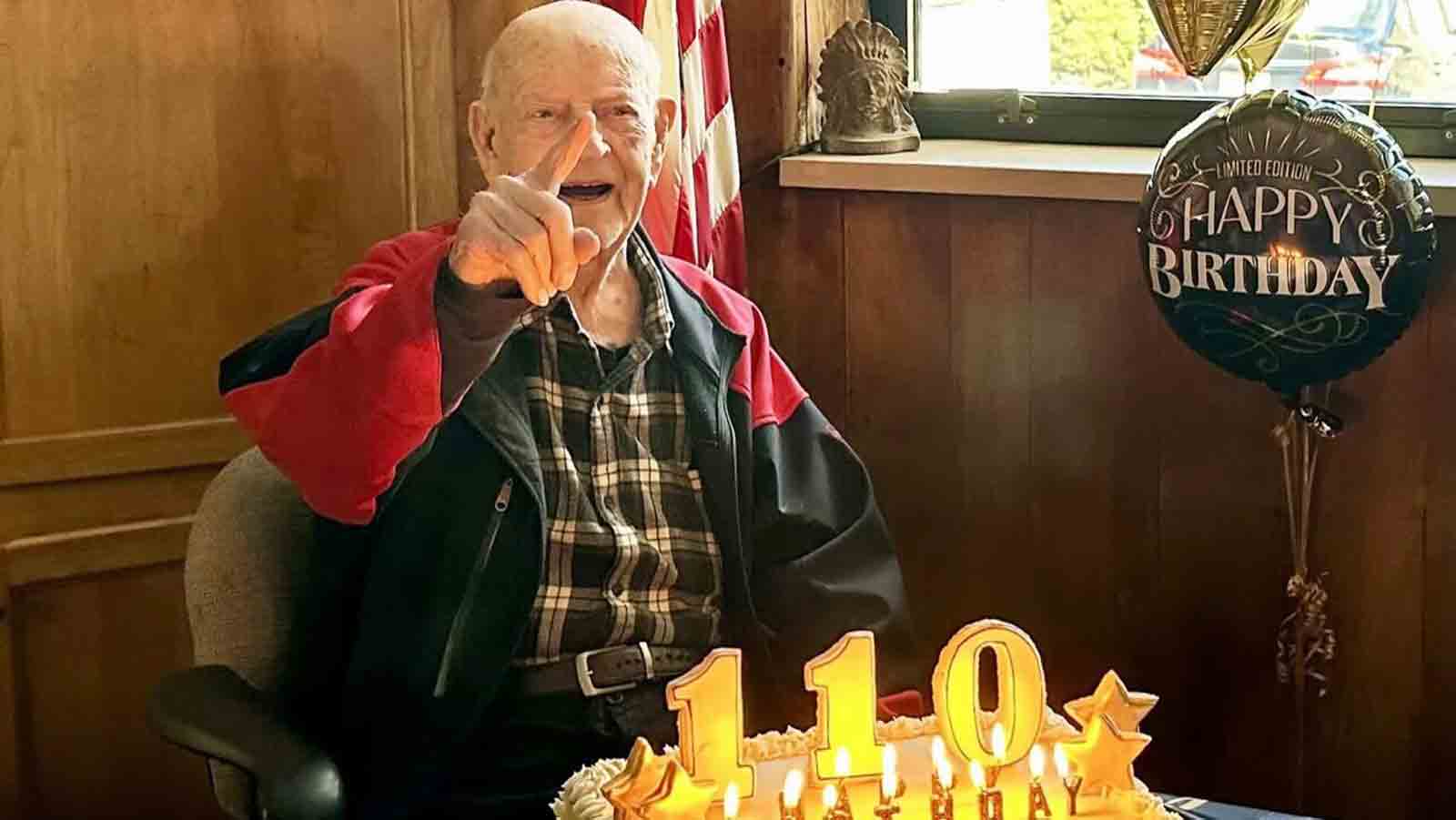The streets of Flushing, Queens, provide a vivid display of the many languages of New York City: A local church offers services in English, Chinese and Spanish. One business sign after another is written in Chinese. And on Election Day, voters will cast ballots in a Taiwanese community center.
Diverse cities like New York will be confronted with daunting challenges on Tuesday as they try to ensure that signs and ballots are printed in languages like Spanish, Korean and Chinese, and interpreters are available to help those whose English fluency is limited.
It is a challenge that cities around the country will face during an election that will have high turnout and waves of newly registered voters, many of them immigrants voting for the first time. Some advocates of minority voter participation are concerned over whether election jurisdictions around the country will be adequately prepared to deal with the influx.
"I'm one of those people that thinks it's going to be a major, major problem this year, the scope of which we have never seen before," said Cesar Perales, president and general counsel of Latino Justice PRLDEF, formerly known as the Puerto Rican Legal Defense and Education Fund.
The federal Voting Rights Act requires jurisdictions that have a certain number of citizens who speak a language other than English and who have limited proficiency in English to provide all election materials in that language, and to render assistance such as interpretation.
Whether a jurisdiction falls under the requirement is based on once-every-10-year Census data, with the latest list created in 2002. Different places can have different requirements. In New York, the Bronx must offer material in Spanish; Brooklyn and Manhattan must offer it in Spanish and Chinese; and Queens in Spanish, Chinese and Korean.
In Florida, Miami-Dade County must have material in Spanish, while Broward County must provide it for Hispanic and Seminole communities. Thirty states have jurisdictions that fall under the language requirements, according to the 2002 list.
Local
But advocates say that in past elections there have been problems, whether in terms of foreign-language signs or properly trained interpreters being available.
"Compliance with the language provision is spotty at best," said Nina Perales, southwest regional counsel for the Mexican American Legal Defense and Educational Fund. "Some do a good job, some don't do anything."
"I think it's way down on the list" as a priority, said Laughlin McDonald, director of the ACLU's Voting Rights Project.
In New York City, the Asian American Legal Defense Fund sued the city's Board of Elections in 2006, alleging that the agency wasn't properly fulfilling requirements to provide language help for Asian-Americans with limited English proficiency and that Asian-Americans were encountering discrimination when they tried to vote. That lawsuit was settled, with the city changing some of its procedures, including where it assigns translators.
"Everybody believes this is a better system, now the question becomes each year to make sure it works," said Steven Richman, general counsel for the board.
Rosanna Rahmouni, Election Day operations coordinator at the board, said there were expected to be 759 Chinese interpreters, 160 Korean interpreters, and 1,315 Spanish interpreters at precincts across the city on Tuesday.
She said other changes had been made as well. In previous years, only certain designated precincts had signs in the required non-English languages. So if a sign was misplaced, or not put up properly, voters wouldn't see it.
Since last year, she said all signage in every poll site around the city is printed in English, Spanish, Chinese and Korean, whether it's a language-designated precinct or not.
"To me it didn't matter, you have voters who speak that language in all sites," she said.
Margaret Fung, executive director of AALDEF, said she was "cautiously optimistic" the situation would be better than in previous years in New York, but was worried about how it would go across the country, especially with increased voter turnout.
"The numbers are really going to be much bigger than people expect," she said.
Advocates also pointed out that problems could come up in places not among those jurisdictions required by the federal law to post materials in different languages. That includes places where the demographics have changed so that they suddenly have big populations of immigrants who don't speak English.
"You have to remember the fact that the coverage formulas are all triggered every 10 years," said Efrain Escobedo, senior director of civic engagement for the National Association of Latino Elected and Appointed Officials. "A lot of the populations with language needs are growing much more rapidly than you could keep up with using the ... census."
At a recent Asian American Legal Defense Fund training session in New York, law students and lawyers packed a room to learn about the issues and what role they could play on Election Day.
For Shelley Agarwala, who became an American citizen along with her family in 2000, it was easy to imagine the reaction if there had been impediments to her parents when they voted for the first time.
"I could see my parents if they were turned away just being devastated by that and not wanting to ever wanting to participate again," she said. "Being able to vote, it's a milestone, you feel like you have a say in this country, you will be heard."



